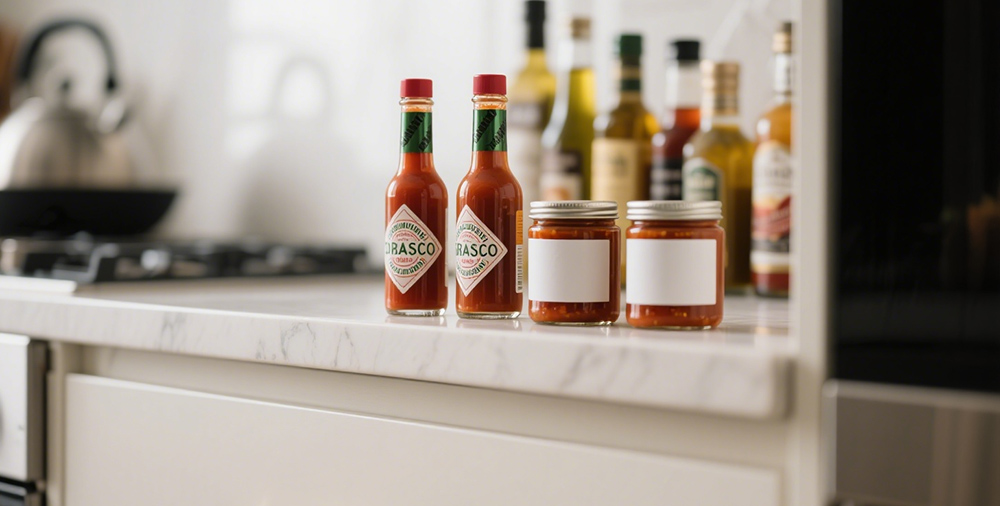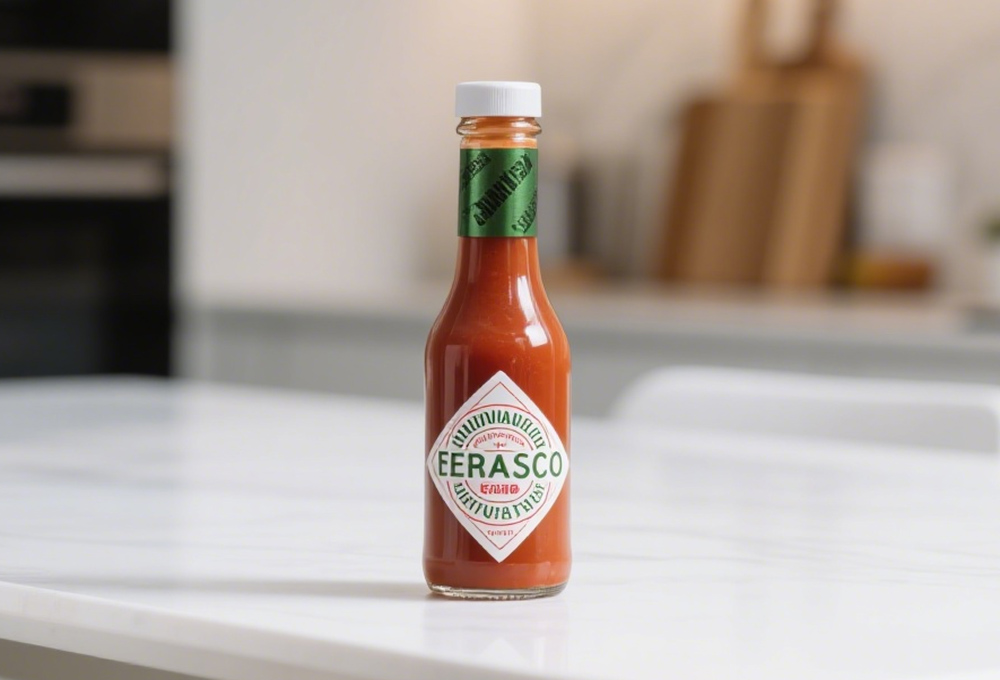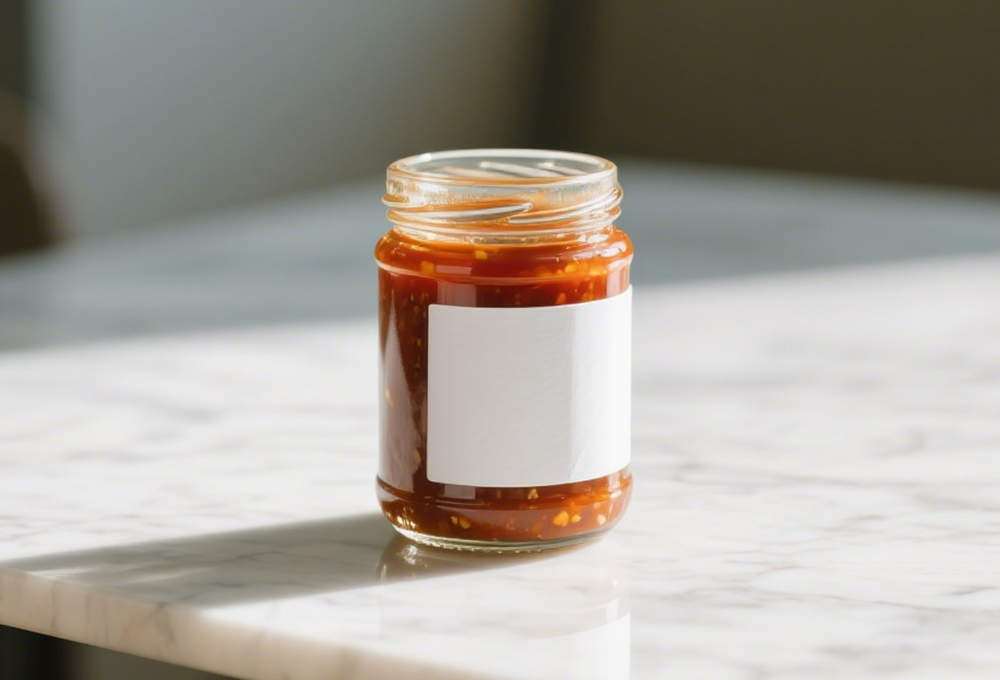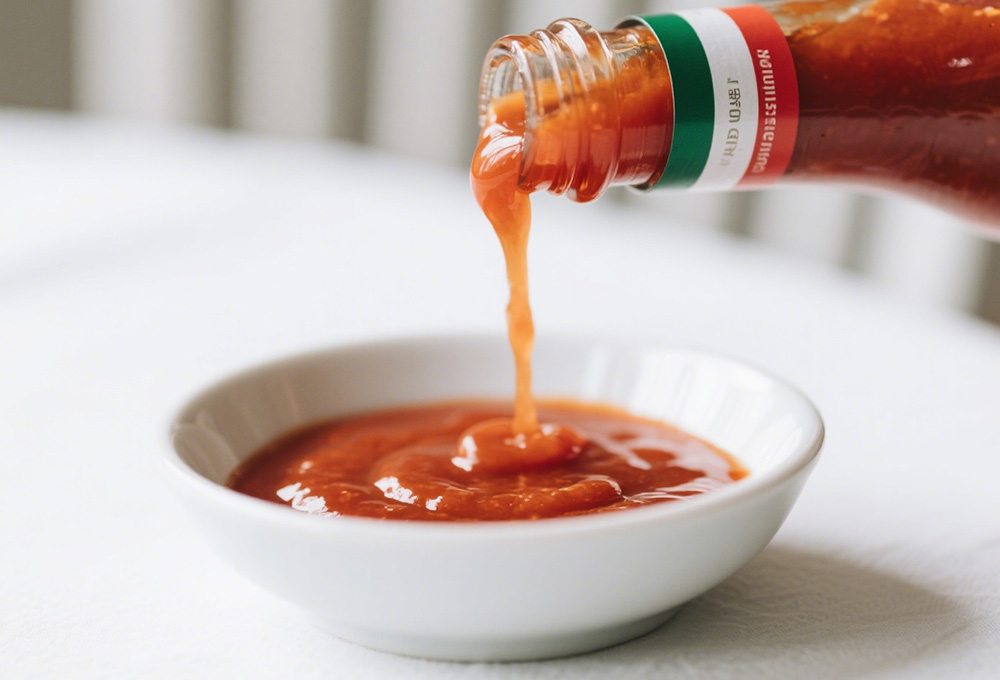Does Hot Sauce Go Bad?
Hot sauce is a common condiment; adding a little bit while cooking can make food much more delicious. When you haven’t cooked for a long time, have you ever wondered: Is that bottle of hot sauce that’s been sitting in the kitchen for months or even longer still edible? Dose hot sauce goes bad is a food safety issue. Let’s clarify this.

Does Hot Sauce Actually Go Bad?
Yes, it will go bad over time. However, compared to many other foods, hot sauce is exceptionally long-lasting. The main reason lies in its vinegar and salt content: vinegar is acidic, which inhibits bacterial growth, and salt absorbs moisture. For these reasons, hot sauce can usually be stored for a long time.

Nevertheless, spoilage can still occur in two forms:
1. Quality deterioration: The flavor becomes dull, and the spiciness decreases. Eating this type of hot sauce won’t cause harm.
2. Genuine spoilage: For example, mold growth or bacterial proliferation. This kind of hot sauce is no longer safe to eat. While rare, it is still possible.
Additionally, there is a significant difference between store-bought and homemade hot sauce. Store-bought hot sauce typically contains preservatives and comes in well-sealed packaging, so it has a longer shelf life. Homemade hot sauce uses fresh ingredients and no preservatives, making it more prone to spoilage. Of course, proper storage is crucial for both types.
How Long Does It Last? Store-Bought vs. Homemade
Homemade Hot Sauce
•Short shelf life. When unopened, it can be stored in a cool place for about one month. Once opened, it’s best to finish it within 2–3 weeks; otherwise, exposure to air will make it more likely to grow mold.
Store-Bought Hot Sauce
More long-lasting. Factories use hot sauce filling machine during production, ensuring bottles are tightly sealed, and preservatives are also added. Even if an unopened bottle of hot sauce passes its "best-by date," it can still be safely consumed for a period of time—note that the "best-by date" refers to when the flavor is at its best, not when it becomes inedible. After opening, if you tighten the cap properly, it can still be stored for up to 6 months. Clearly, store-bought hot sauce has a longer storage time.
How to Tell If Hot Sauce Has Gone Bad?

2.Smell it: Fresh hot sauce has a strong, spicy aroma. Spoiled hot sauce smells sour or moldy. If it smells off, never taste it.
3.Examine the texture: Hot sauce is usually smooth and uniform. If it can’t return to a smooth consistency even after shaking, or if it forms clumps or becomes unusually thick, it may have spoiled.
4.Taste a little (only as a last step): Only take a tiny sip if the sauce looks and smells fine. If it tastes bitter or bland, don’t eat it. When in doubt, discarding it is the safest choice.
What to Do If You Accidentally Eat Spoiled Hot Sauce?
Most people will only experience mild discomfort, such as stomach pain, nausea, or diarrhea. Symptoms usually start within a few hours and last for one or two days. Drinking plenty of water can help relieve these symptoms.
Only in very rare cases—such as when the hot sauce is severely moldy—might it cause headaches or fever. But this is extremely uncommon, because the vinegar in hot sauce itself inhibits mold growth. Children, the elderly, or people with weak immune systems need to be extra careful. If symptoms are severe, seek medical attention promptly.

•Unopened store-bought hot sauce: No refrigeration needed. Store it in a cool, dark place (such as a cabinet), away from the stove or direct sunlight.
•Opened store-bought hot sauce: Refrigeration is optional. But if you don’t use it often, refrigerating is better—it can extend the shelf life and preserve the flavor. If you use it every day, keeping it at room temperature is okay.
Homemade hot sauce: Must be refrigerated! Without preservatives, it needs to be put in the fridge whether opened or not. An unopened bottle can be stored in the fridge for about one month, and an opened one should be finished within 2–3 weeks. Refrigeration may thicken the hot sauce, but shaking the bottle will restore its consistency.
How to Make Hot Sauce Last Longer?
•Store unopened hot sauce in a cool, dark place, away from heat sources.
•Always tighten the bottle cap after use to reduce air exposure.
•For homemade hot sauce: Use a clean spoon to scoop it out (do not use a spoon that has touched other food). Adding a little extra vinegar also helps with preservation.
•If you make a large batch at once, divide it into small bottles. Keep most of it sealed and refrigerated. You can also freeze it in ice cube trays and take out only the amount you need each time. Freezing has little effect on the flavor, but the texture may be slightly thinner after thawing.
Although hot sauce is long-lasting, it doesn’t stay good forever. Keep an eye out for mold or off smells, and store it properly—this way, you can safely enjoy the deliciousness it brings!
